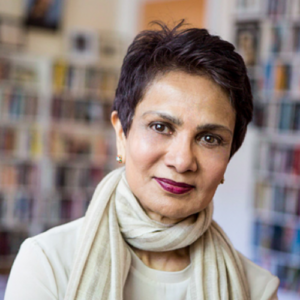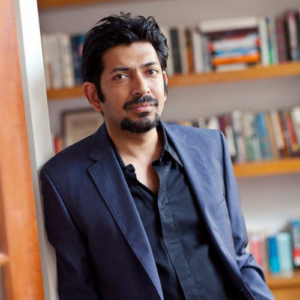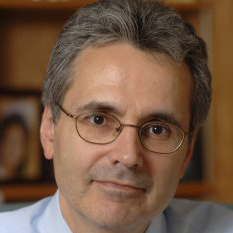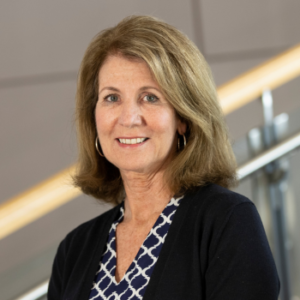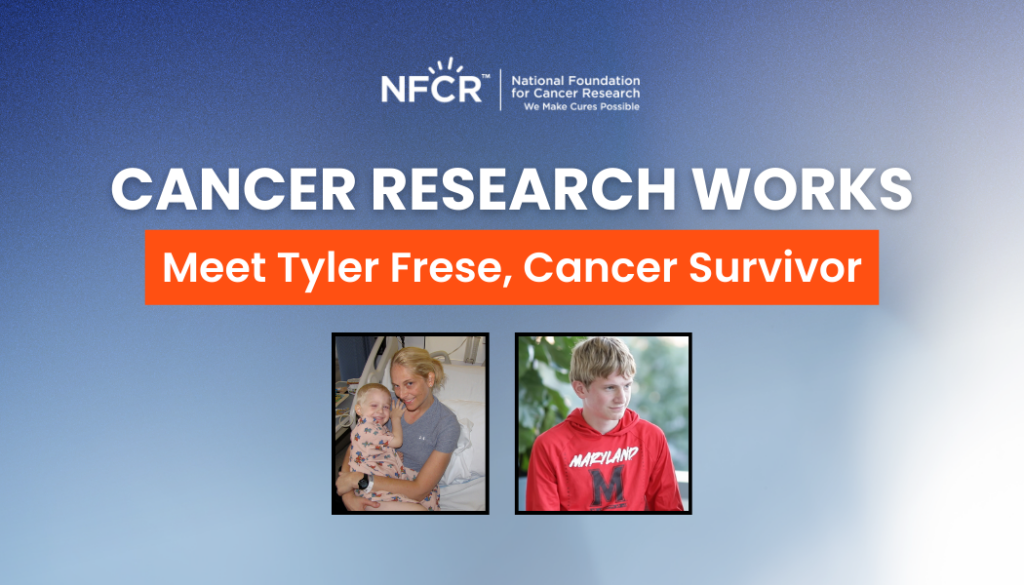The world’s top cancer experts, entrepreneurs, and advocates to join the National Foundation for Cancer Research on October 18th, 2024, in Washington, DC, at the National Press Club Rockville, MD. (September 30, 2024) – The 2024 Global Summit and Award Ceremonies for Cancer Research & Entrepreneurship, co-hosted by the National Foundation for Cancer Research (NFCR) and AIM-HI Accelerator Fund, will be held on October 18th at the National Press Club in Washington, DC. This is the one event each year where key leaders from the entire cancer research and patient care ecosystem come together under one roof to share critical discoveries and ideas from all areas of cancer research, drug development, and patient care. This is where many innovative ideas and collaborations are born, and actionable plans and visions for the future fight against cancer are strategized. Collaboration between prominent researchers, global business leaders, entrepreneurs, and patient care advocates at every level working to cure cancer is the predominant theme of the Global Summit. Once again, NFCR has developed another superb, high-quality oncology program this year that is second to none. The Global Summit features multifaceted sessions that transition from scientific discoveries to discussions on entrepreneurship and leadership, insights from investors, patient advocacy, and celebrations of extraordinary iconic leaders. The 2024 event promises to be an enriching experience for attendees. Co-founded in 1973 by Nobel Prize recipient Albert Szent-Györgyi, M.D., Ph.D., and entrepreneur Franklin Salisbury, Sr., JD, NFCR provides scientists in the lab with the critical seed funding they need to make breakthrough discoveries and ultimately cures for cancer, with an emphasis on long-term transformative research often overlooked by other major funding sources. The Global Summit is NFCR’s hallmark annual event where we bring together the world’s top cancer experts, business leaders, entrepreneurs, and patient advocates to celebrate progress, share their vision, and chart new pathways in the quest for a cure. “Our Global Summit fosters critical collaborations between the world’s top cancer scientists, clinicians, biotech leaders, and entrepreneurs that not only accelerate research breakthroughs but speed the advancement of significant laboratory discoveries to reach patients’ bedsides,” said Dr. Sujuan Ba, Ph.D., President and CEO of NFCR. “The crucial basic discoveries generated in the laboratories over the past 51 years have transformed our understanding of cancer and revolutionized the way we approach treating, but these breakthrough discoveries need a collaborative approach and continued support to get through the pre-clinical stages needed to get to the patient’s bedside. This event fosters the dialogues to drive these potential cures forward.” Now in its fourth year, NFCR’s highly packaged daylong 2024 Global Summit will begin with an opening keynote delivered by the highly respected scientist-entrepreneur, Drew Pardoll, MD., Ph.D., Director, Bloomberg- Kimmel Institute for Cancer Immunotherapy, Johns Hopkins University School of Medicine, followed by interactive and integrated panel discussions from key opinion leaders in cancer research. Global Summit sessions are focused on unmet needs of current treatments, future innovative areas of therapies on the horizon, new and emerging developments, trends, early detection, and cancer prevention. To kickoff afternoon programming, partnering with AIM-HI Accelerator Fund, we will host a Luncheon Award Ceremony for Women’s Leadership & Entrepreneurship, [...]



